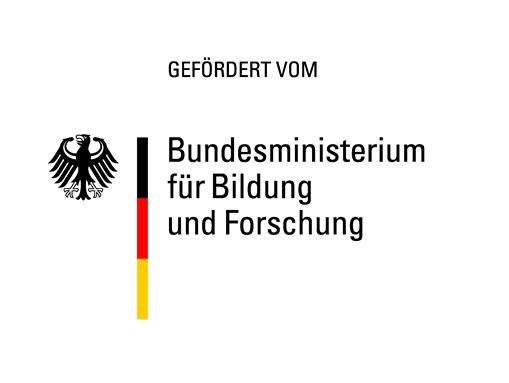
R-Biopharm is part of the “EPI-CARE” cooperation project to develop a procedure for better monitoring of intensive care patients with severe infectious diseases, such as corona infections. The result should be an analysis system that provides information about the severity of an infection more quickly than the blood laboratory values used so far and thus enables a prognosis and early targeted therapy.
Cell-free DNA (cfDNA) as a marker for infectious diseases is the target of “EPI-CARE”. This is genetic material that circulates outside of cells in the body, for example after their death or deliberate destruction. From its concentration, the attending physician can draw conclusions about the severity of the disease and decide on further therapy. The cfDNA can be detected with isothermal methods, which take place at constant temperatures and therefore do not require the sample to be heated as is the case for PCR. In addition, the materials used are less sensitive than for PCR, which is why the amplification of the nucleic acid can take place directly and without purification from the untreated sample.
Since the beginning of May 2022, five cooperation partners have been working together in the research project, which is scheduled to run for three years and is funded by the Federal Ministry of Education and Research with around 2 million euros under the funding code 13GW0593B as part of the “Health Industry in the Health Research Framework Programme” field of action. BYTEC Medizintechnik GmbH is coordinating the project and is responsible for the development of the analytical device. Under the direction of Dr. Tobias Wittwer, R-Biopharm will optimise the reaction time and sensitivity of the assay developed there in cooperation with the Johannes Gutenberg University Mainz and develop a possibility for long-term storage. Fraunhofer IMM (Institute for Microtechnology and Microsystems) Mainz is responsible for the development of the analysis cartridge, and the University Medical Centre Mainz is making its contribution as co-developer of the project fundamentals and later medical user of the system.







